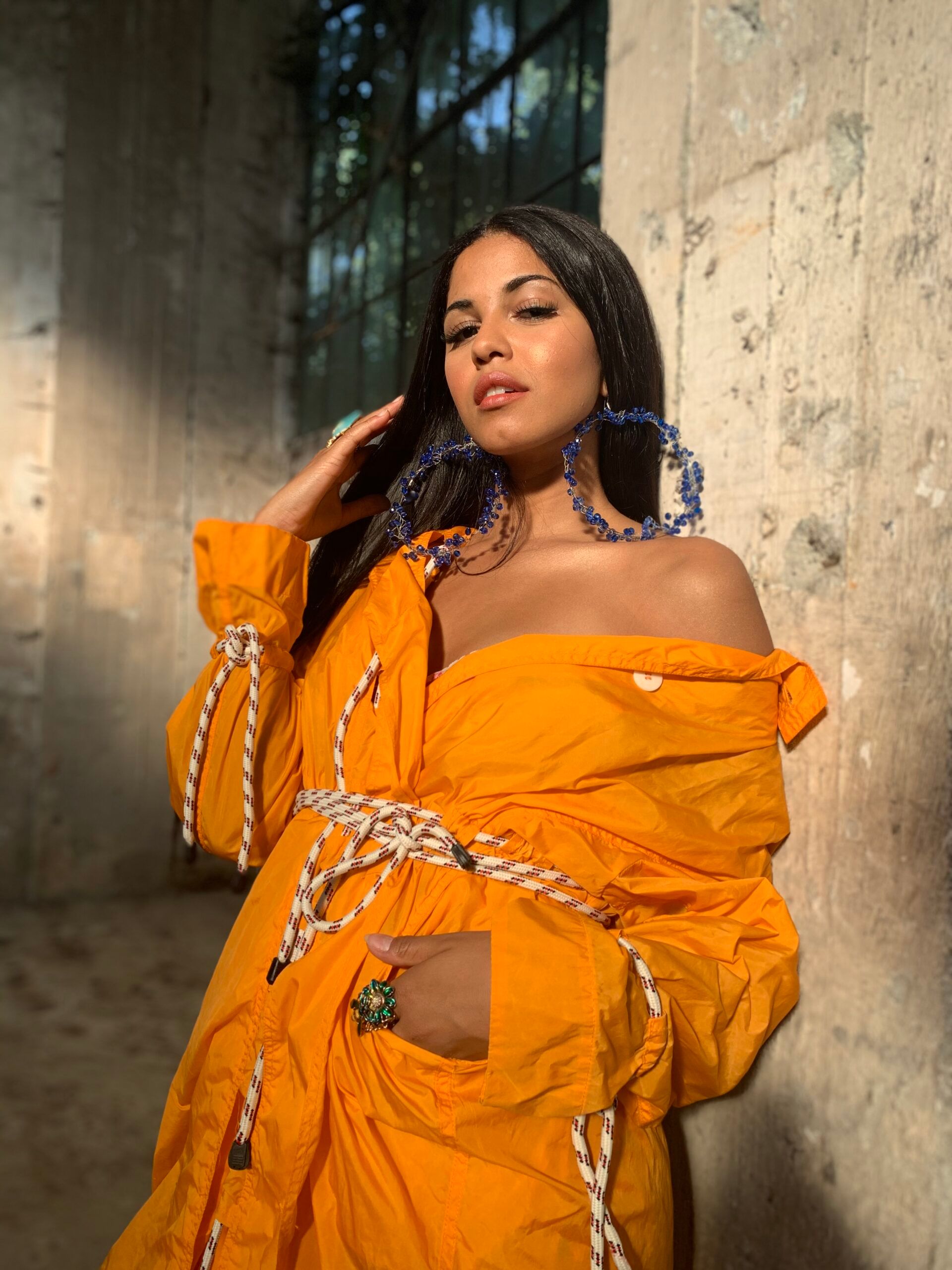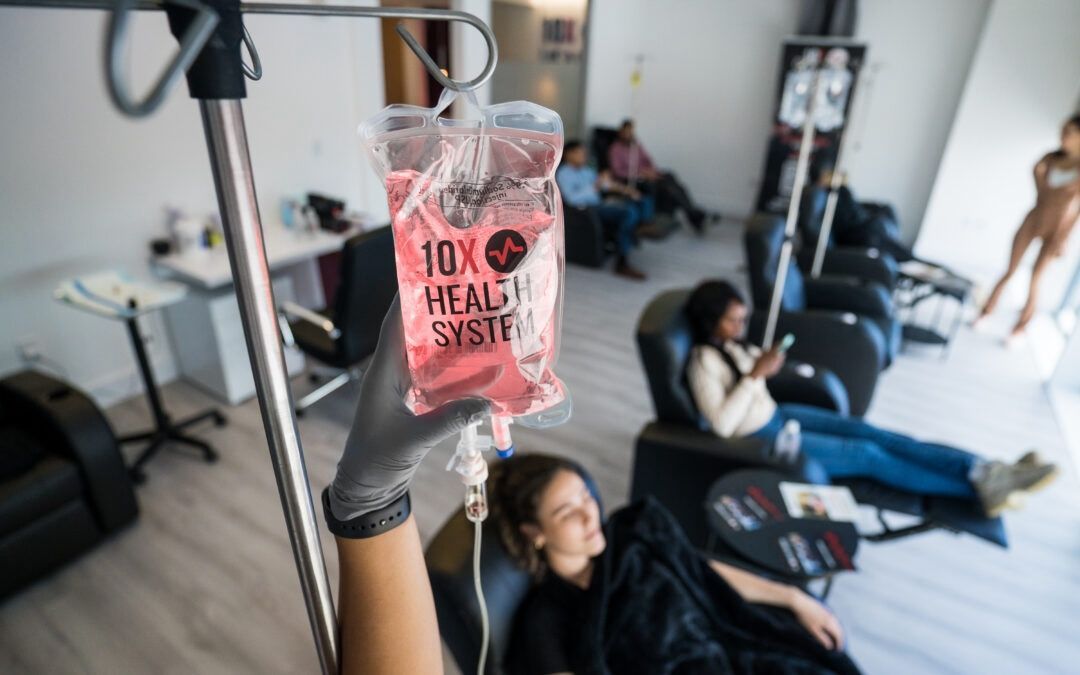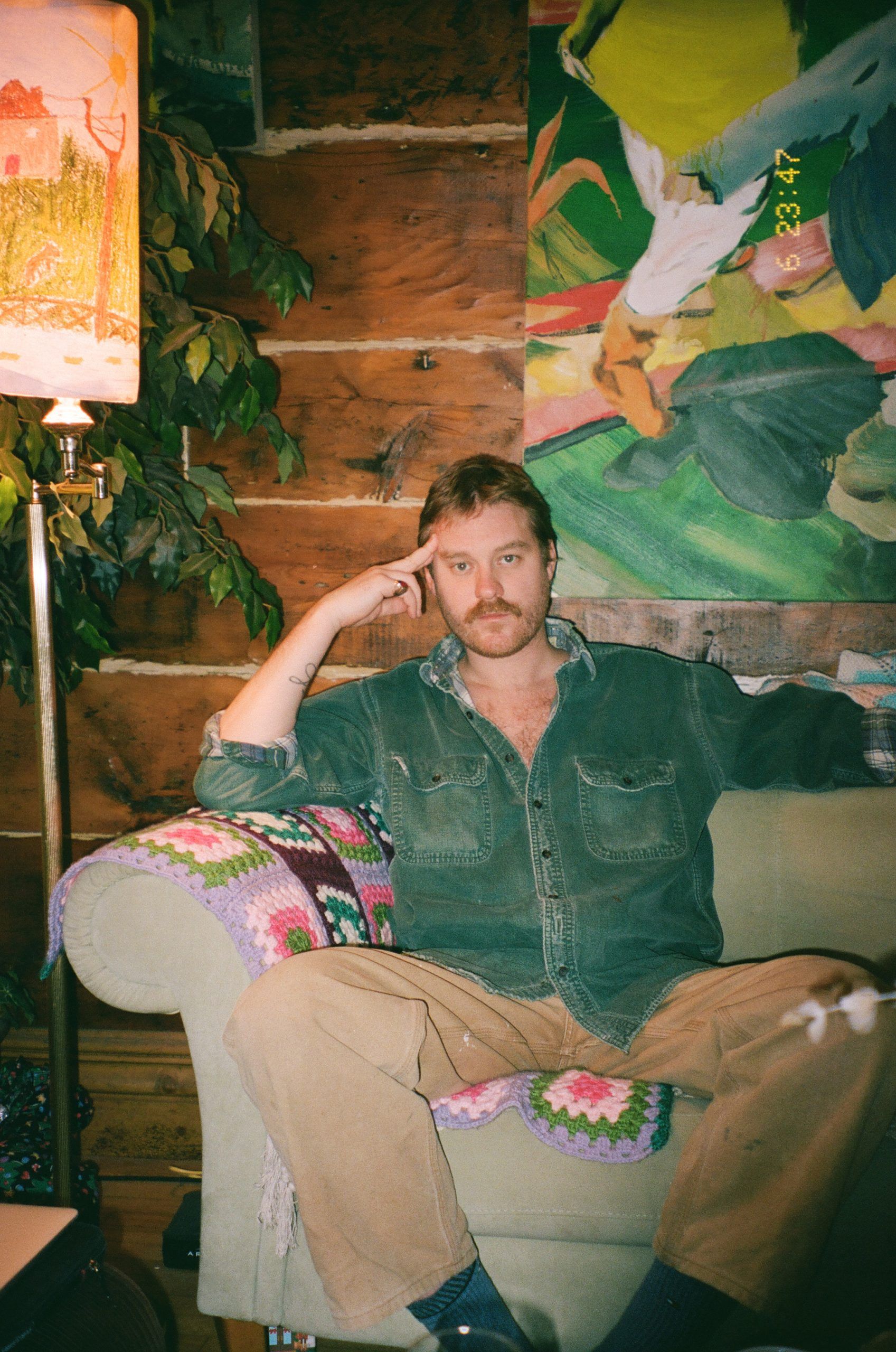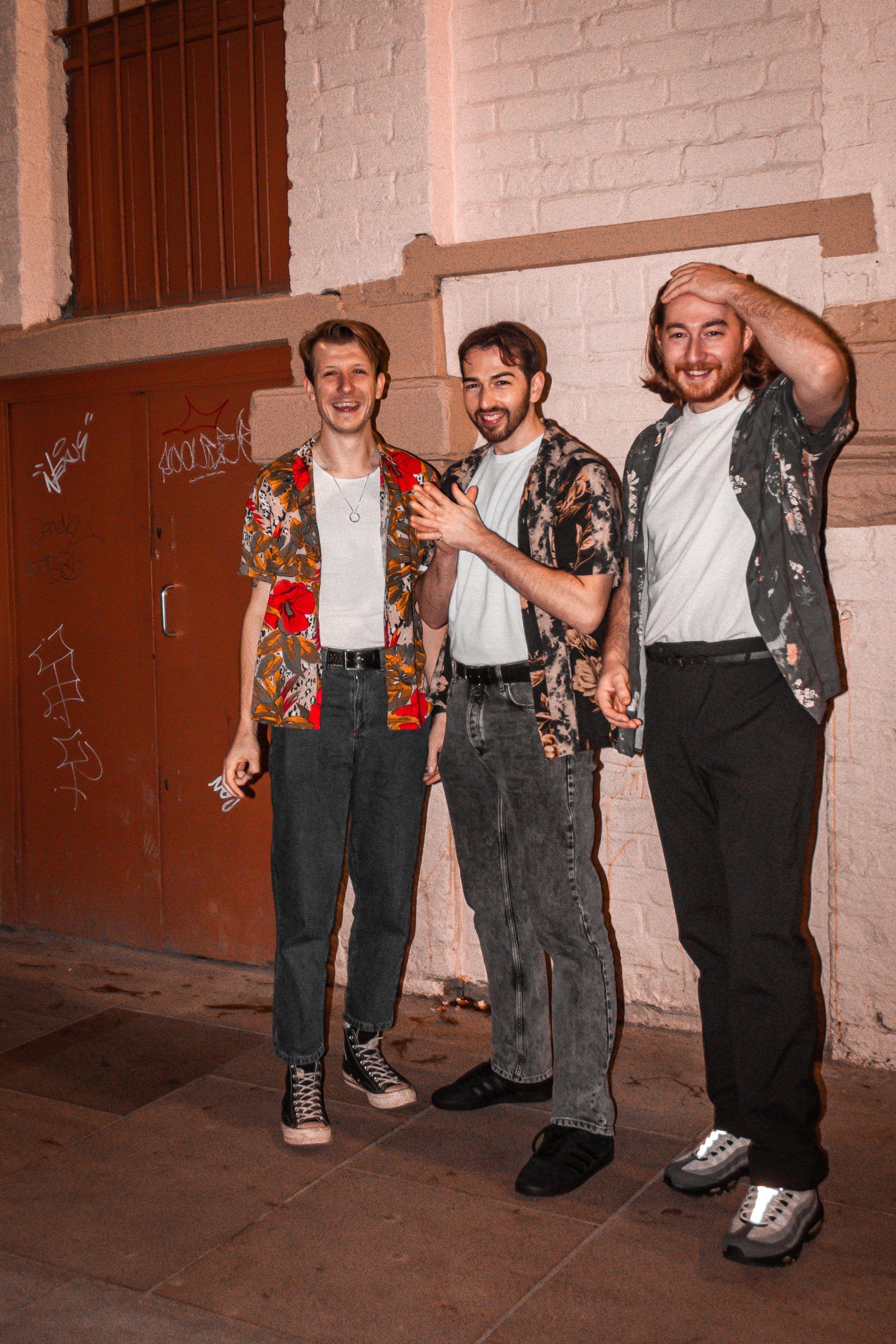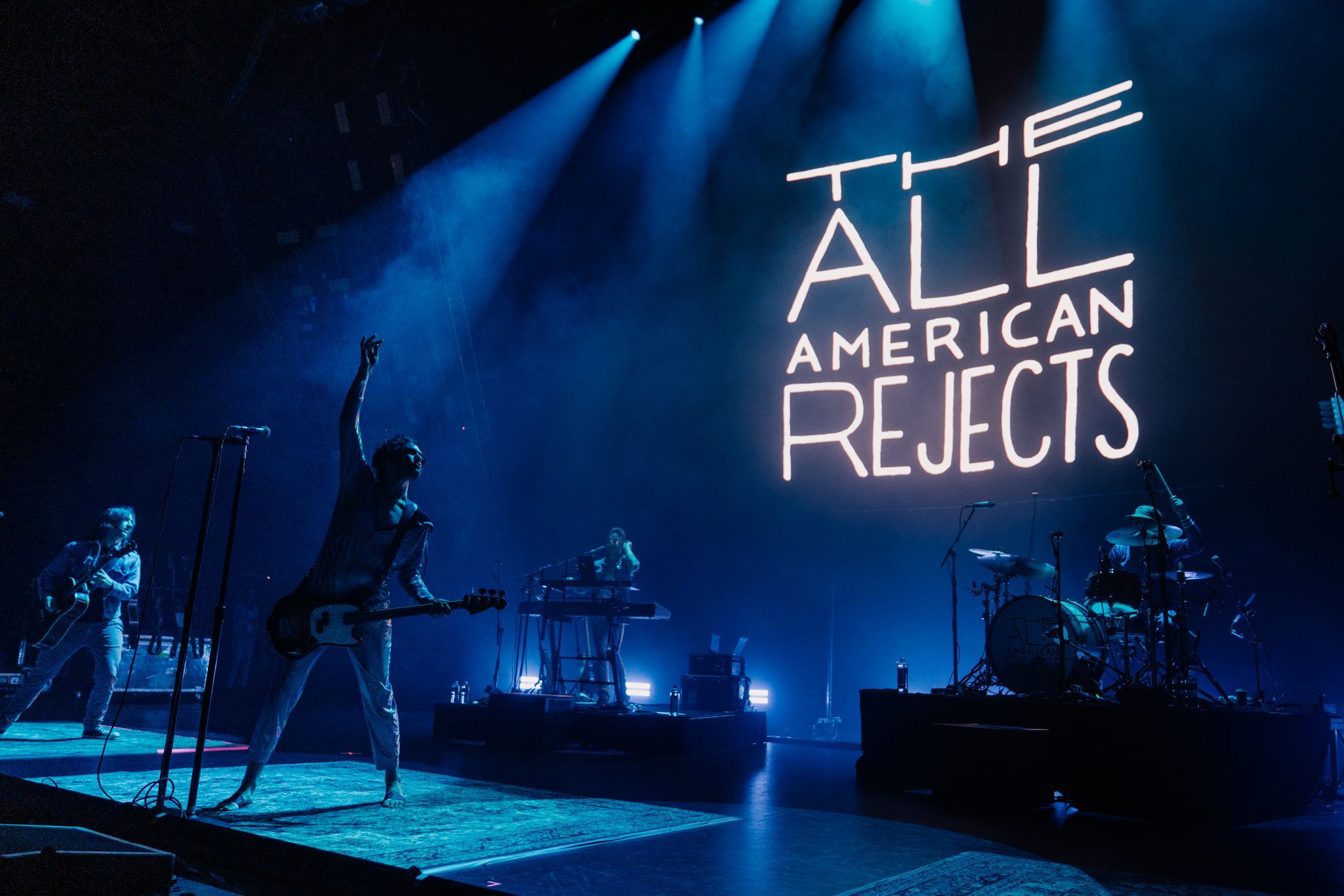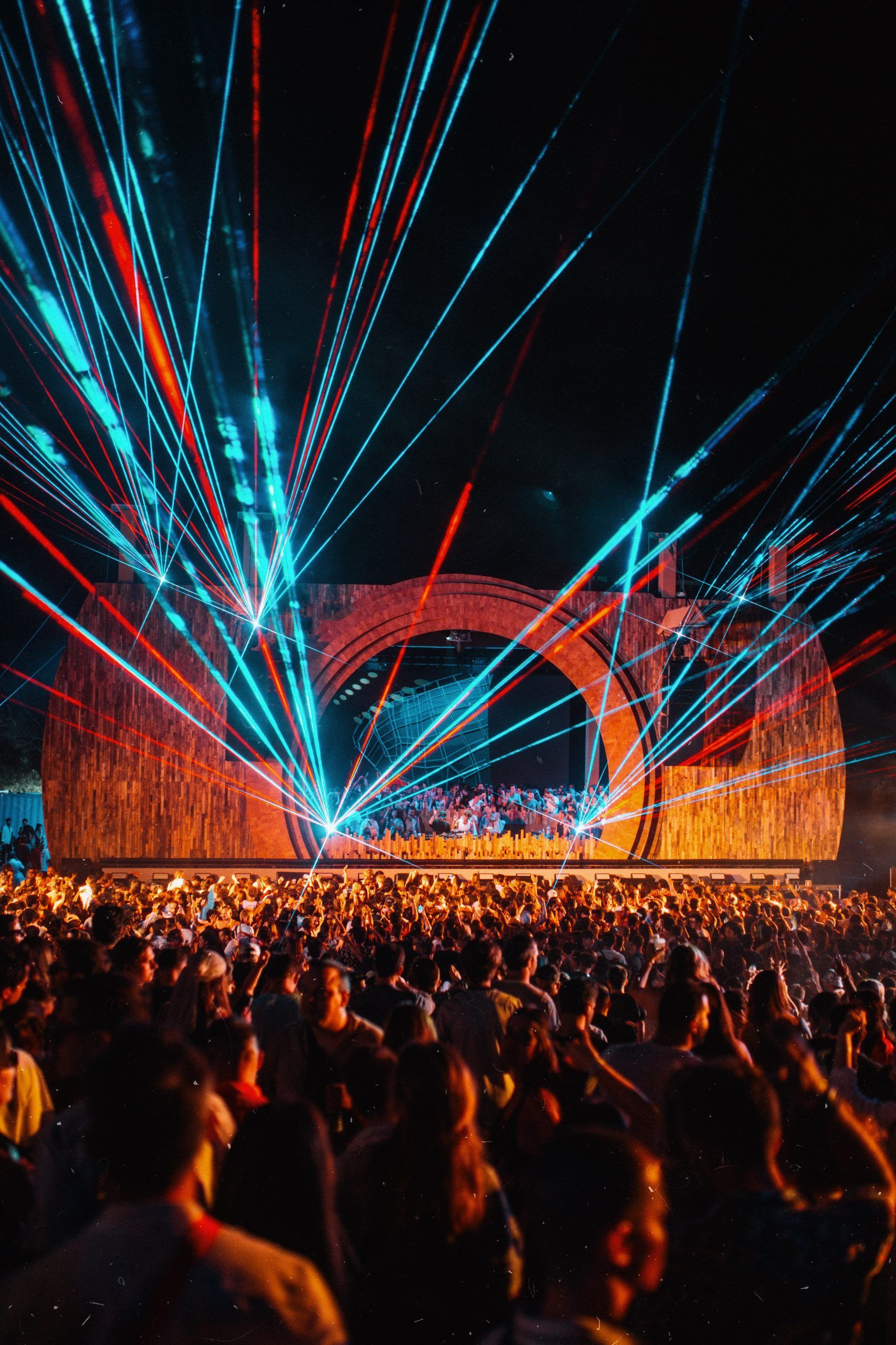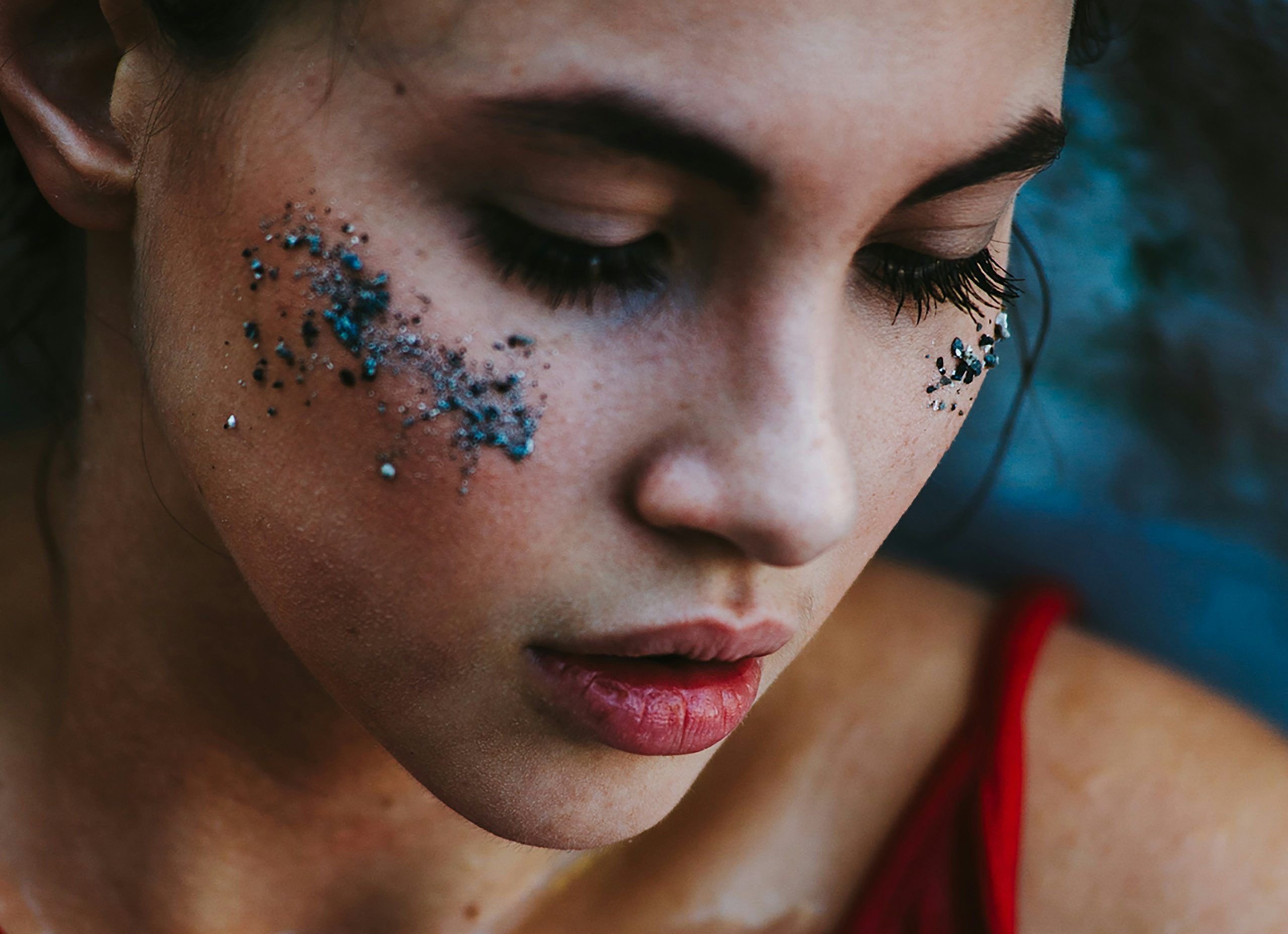YEИDRY is a joy to talk to. Over Zoom, the singer/songwriter is engaging, authentic, and determined to make something she loves, while also speaking freely about the importance of allowing room for growth within her music.
Having grown up in both Italy and the Dominican Republic, the now 27-year-old got her start on X-Factor Italy in 2012. After a successful run and some time spent in a band, Materianera, in 2014 (and their subsequent EP Supernova), she then went on to release a smashing solo record Barrio in 2019. Now, when we talk to the singer, she’s hard at work on her debut album and quarantining in the Dominican Republic. She’s passionate about her craft and speaks openly about her fashion -inspired music video for El Diablo, how she gathers inspiration from the space around her, and the story behind Nena, and so much more.
Keep reading for an exclusive interview only at 1883 Magazine.
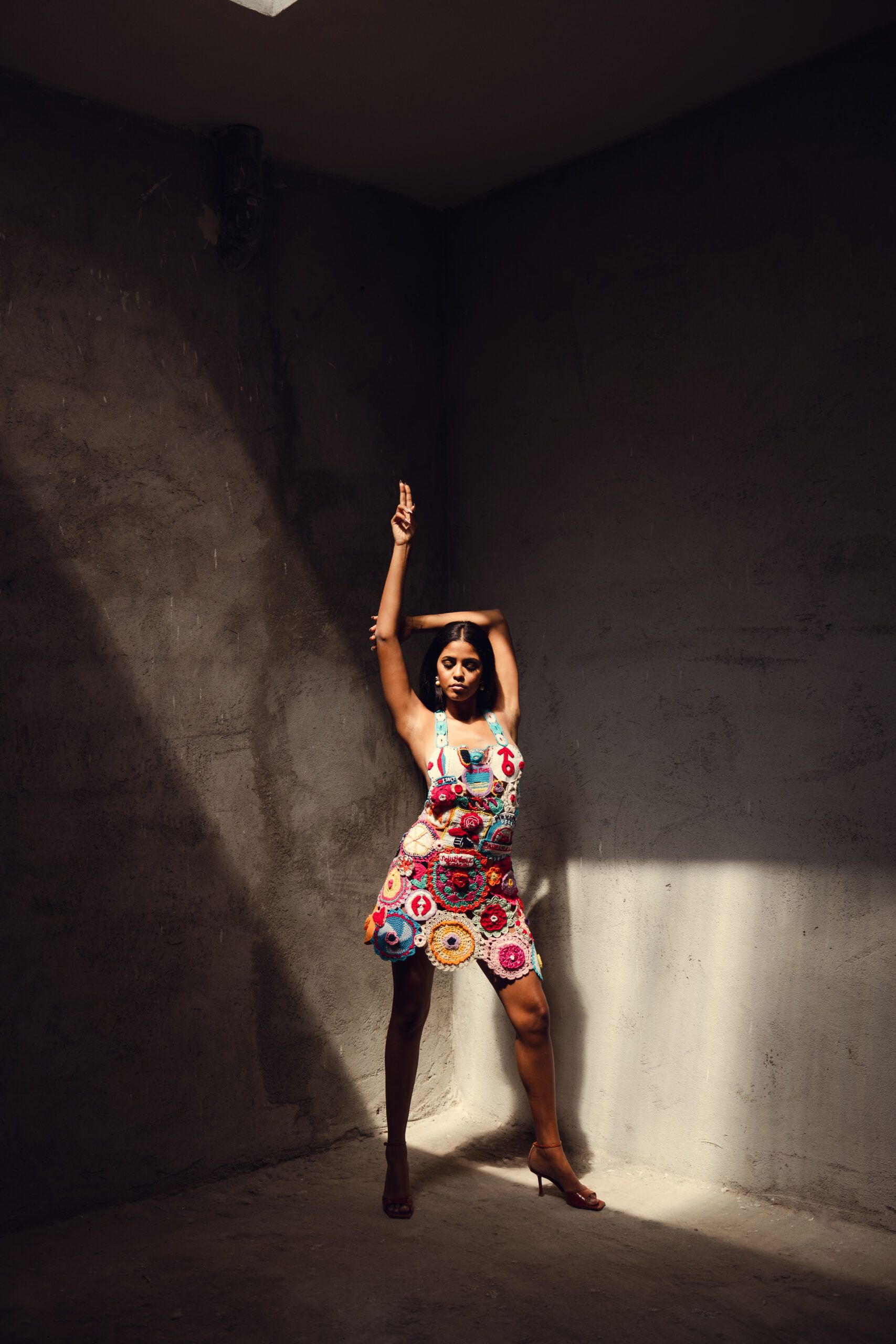
Tell me about El Diablo, what makes this song tick, and what was the writing process like?
I wrote this song when I was in LA. The story behind this, [that I]I got inspiration from is, I was dining on my own in LA and this guy wanted to pay my bill and he asked me to go out with him, and I didn’t want to so it was like, “Oh, no, thank you so much, don’t worry,” you know, and he started to talk to me about everything he had, like, a big house and this beautiful car, and a lot of money. I was like, “This is not something that is gonna make me change [my mind]. I remember when I was in the studio, something like three days after, I was thinking about how when a woman has the same approach, or a woman has the power and the money, it is somehow intimidating for some men. Then I was thinking about the fact that women have been associated with the devil in history, in religion, and cinema and literature, so I was thinking about “How can I say this message and give it a twist and change the roles and give it a positive message for independent women?”
You’re right, it is associated, mainly, unfortunately, for some reason with men, and it’s something that you know, everyone should partake in if they want to.
I remember I was thinking about Eve and Adam and the whole story is, he blames the girl, the woman ate the apple because she convinced him to do it, so there’s this kind of [this message] it’s subtle, but it’s there.
How and why do you think your time in the Dominican Republic and then Italy has influenced the music you make?
I think being able to tap into two different cultures is the key to my music. It’s something else that I have in my music, like allowing me to have a different mindset, I’m not saying it’s better or worse, just different, more freedom in experimenting with sounds. I obviously was influenced by the Latin side, because my mom always listened to a lot of Latin music like salsa, bachata, merengue, and really old traditional Latin music, not the one that we know now. At the same time growing up in Italy and having my father’s influence musically, he was listening to The Beegees, Michael Jackson, Barbra Streisand, George Michael and in Italy, I was listening to neo-melodic Italian artists, as well. So I think the time that I spent in both countries allowed me to have a more open mindset in my approach to music, and I think you can hear it in my music and I hope people are gonna hear it more and more in the music that’s going to come.
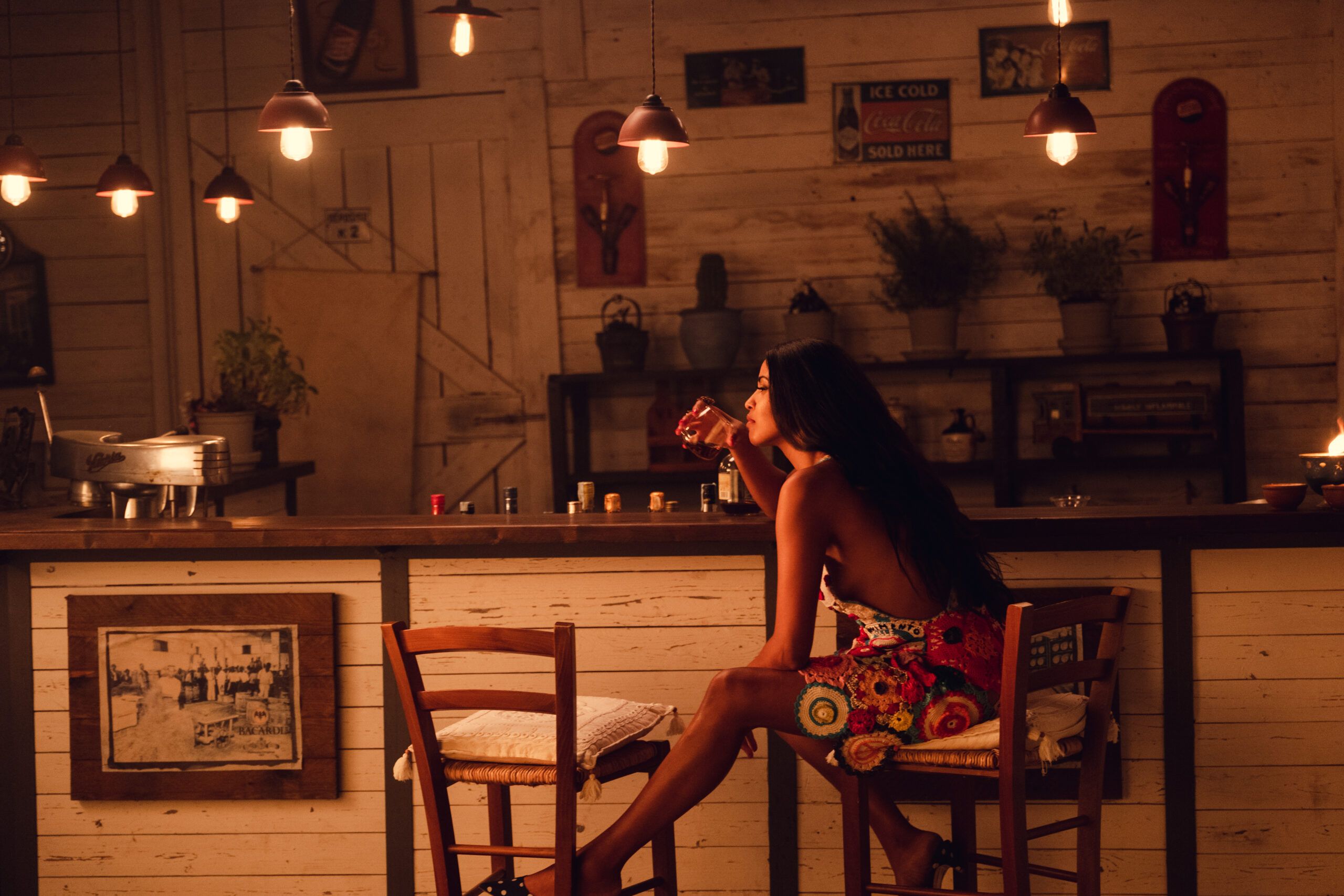
I definitely hear what you’re saying and agree that it has widened your scope of what you’ve experienced and how it’s influenced the sounds that you’re drawn to.
They just come out in the studio. You know, when you’re in the studio, I think everything you’ve been listening to, and all the electronic music that I’ve been listening to, Aphex Twin, Jai Paul, ARCA, FKA Twigs, Massive Attack, all this influence, I think they just pop up in when I’m in the studio and that’s something that I have to appreciate.
Who and what are your inspirations when it comes to songwriting? How do you think they show up in your music?
It’s kind of hard because I have my own approach to songwriting. I think there are some artists that I really love, like Frank Ocean, Jai Paul, and also Satna Gana, Nathy Peluso, I think, I love the fact that some lyrics give more space to the listener for interpreting. I think those artists are the ones that I relate to, while I’m trying to write. So sometimes I’m trying to make it more poetic, but at the same time, I still want it to be accessible. I do want it to be easy to listen to, because I think it’s good to have a message, but at the same time, you need to be accessible to people that are not into the music industry, who are listening to your music while they go to work, while they are in the supermarket, while they clean their house. So that’s what I would love to do. James Blake was one of the artists that inspired me a lot as well. And his lyrics are very poetic, there’s not really a story behind [them]. So I’m trying to find the balance between those two things.
Songwriting is, I’m sure, very personal, so you can draw inspiration, but it comes from yourself…
I usually write about things that I experienced myself, because it’s easier to send a message and to get to people, but at the same time, it’s really hard to speak about yourself and talk about yourself and [your] life because you feel kind of naked, so you have to find a balance between your story, and how to present it to other people. It’s not easy because inspiration just comes whenever it wants, so sometimes it’s harder to just write, but I’m trying to find that balance [between] accessible and poetic.
If you could collaborate with anyone in the world, who would you choose and why?
I’m in love with Frank Ocean. He’s like one of my main inspirations, and one of the main artists I would love to collaborate with. The other one is, Juan Requela, he’s a traditional singer, musician here in Dominican Republic and I’m really attached to his songs, his melodies and the way his music influenced the whole culture. So I would love to do something with them in my style, and his style, together, something new and more electronic but still with the machata sound.
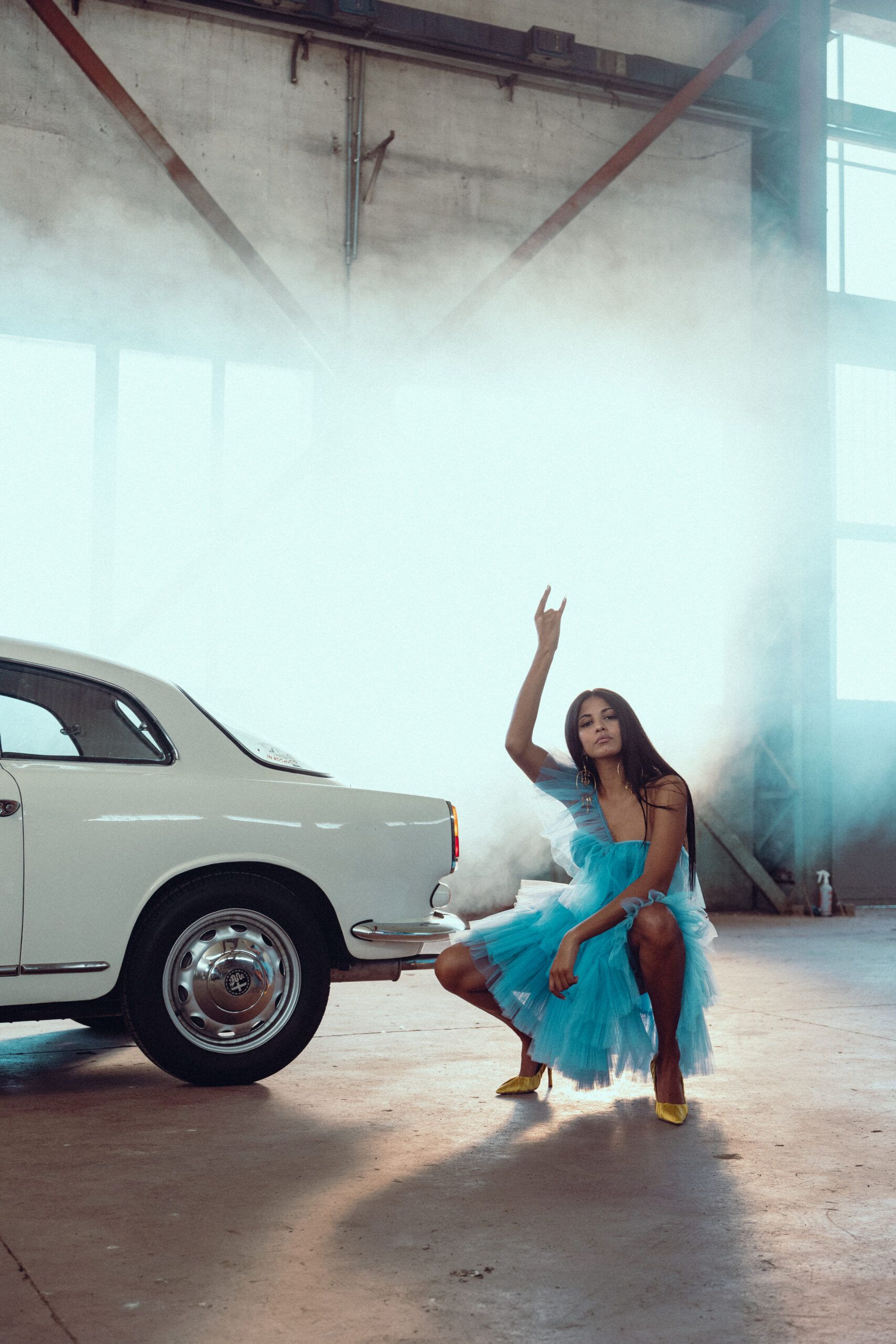
What has your creative process been like during quarantine?
I’ve been pretty creative, but for me, it was different because I really take inspiration from the outside… I love to talk to people, to listen to their stories, to talk to everyone in the street and see what’s going on. When I go to different places, to a different city, I love to take public transports and observe. I think that’s where artists really take inspiration, so for me, it was not so easy to write during quarantine because I felt this negativity. Plus, I was in Italy during the quarantine so there was bad energy in the whole country, everyone was scared and no one really understood what was going on. Even if you were inside your house, talking to your friends on the phone, or just looking from the balcony, it was not a good environment to write and be creative, so it was not so creative for me.
What do you love about where you are now?
What I love about where I am right now is that I finally believe in myself and my project. I’m learning how to know myself and how to embrace what I can do and how to learn what I can’t do but with no fear. Before, I think I was more scared about where I was going, but right now, I think the pandemic gave us that kind of feeling, like, ‘Whatever I mean, today, everything could go wrong. So why am I scared to just do something? So I think that that’s the only positive thing that could come out from this pandemic. Some people felt really inspired by that and started to appreciate what they got.
What’s your favorite look from the El Diablo music video? You always look so glamorous no matter the setting…
So I think because my approach to fashion is really improvised, and about how I feel in that moment, I like to dress really baggy and wear men’s clothing. Sometimes I don’t just like the typical Latin woman, and in this video, I wanted to be more fashionable, more glamorous. So I asked my friend, he’s Italian, his name is Ricardo D’auto and he works for Vogue in Milan, and he’s a stylist. I was really clear about what I wanted, and about the fact that I wanted to feel comfortable in the video, because that’s the main thing for me, I need to feel comfortable in my clothes to make the moves and shoot the video. That’s why I have, for example, sneakers [on] even if I’m very glamorous on the top.
Did you work with someone to put together these looks?
We went to the Milan showrooms and asked for new brands. There’s a guy, Marco Rambaldi who has a new brand in Milan, it’s not really new, but he’s getting it out right now, and I love it because he has a really good message behind it. It’s about freedom and love for everyone and [being] feminine. So my dress on the cover has different messages… I really wanted the fashion to affect the message of the song.
Your songs all have a certain edge to them, whether it be a fun and wonderful self-empowering theme or a personal heartfelt message. What do you think listeners feel when they hear your music?
So let me tell you that when I write, I usually don’t think about how they’re going to be received. I’ve heard a lot of artists sometimes chase the hit, or they try to make music for someone. I try not to think about it in the first process, so I try to be really, really free about that, and then I start to think about how this is going to be received, or is it going to be received in a good way or in a bad way? But usually, I think if the songs are so natural and just come out like that, you don’t have to think to worry about it. I’ve been receiving lots of messages from a lot of girls telling me that Barrio, for example, helps them when they go out of a toxic relationship. I received a lot of messages from moms, because Nena brought them tears because it’s their story as well, they can really see themselves in the story. I received a lot of videos of young girls dancing to El Diablo saying this song is so powerful and so empowering. So I am very happy about how people are receiving my music, but at the same time, I don’t worry about it, you know? And also it depends on the song, every song has its own story, its own message and its own purpose on Earth.
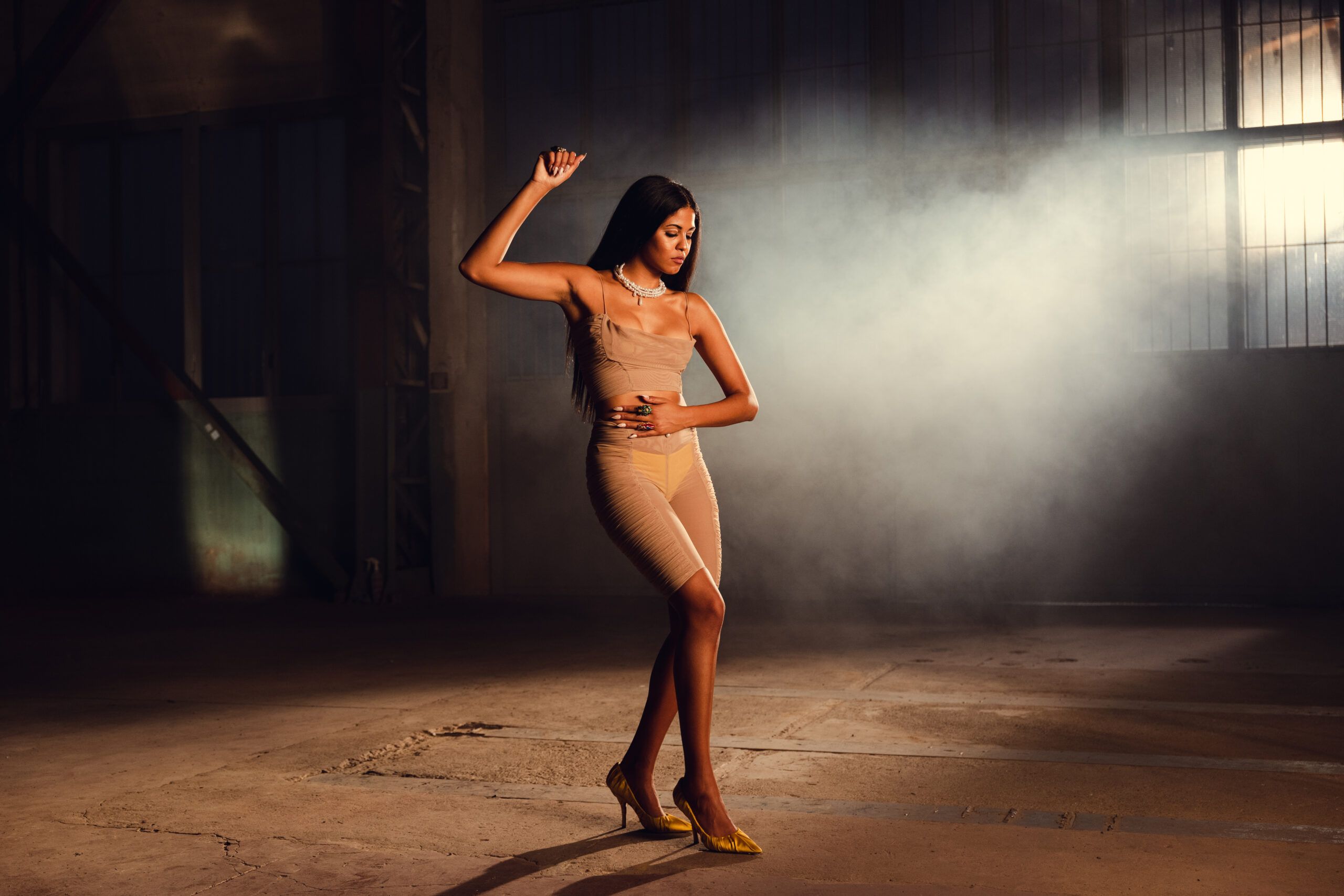
Tell me a bit more about Nena as a song… Is it a letter to your mom? Where did it come from and what does it mean to you?
I wrote that song in something like two hours. The flow was really natural. It just came up, honestly. I think the inspiration behind it was my mom, of course, [and] my own story. I was talking to her one day, and she has always been really open about what was going on when I was a kid. She was telling me about her story, and she was telling me that she left me in Dominican Republic for one year, when I was three years old, with my grandma and my thirteen uncles to take care of me and my cousins. She told me: “I was going to a different country. I didn’t know the language. I didn’t know what I was going to do. I didn’t have my documents set up yet and I didn’t want to bring my daughter with me, because I wanted to go there and set up and then come back and take you there.” But she also told me that that year was the worst of her life, because you’re breaking a connection that is really strong. She was a single mother, so the connection was really strong and she broke it to go to another country. I remember she was in tears when she told me this and she was like, “Can you imagine how many mothers are out there and go to different countries and start working to send money but some of them can’t go back and get their kids.” That year, I was feeling sick, but there was no medical explanation so I did tests, I did everything I needed, but there was no medical explanation for my fever and my sickness, and once my mom came back, I was feeling okay. So, I remember her telling me that story, and I remember when I was writing Nena, it’s kind of a letter from the mother’s side to the daughter, like, “I know we’re far, but I’m gonna send you blessings wherever you are, and I hope life treats you well, I’m doing as much as I can to give you a future.” I think a lot of people are attached to that song because the way it was sung was really true. It was [as] simple as that. I sometimes cry when I sing it because I still feel whole emotions about it.
What is most important to you when it comes to the music you’re creating? What are you trying to say to people with your music?
I’ve been living in this limbo, where in Italy, I’m not Italian and in Dominican Republic, I’m not Dominican. That’s a thing that I’ve been fighting for a long time with myself, because I did not feel like I belonged in a place for a long time. I think as a teenager, sometimes you think there’s something wrong with you, like, “Oh, my God, what am I? What’s going on? What’s wrong with me? Why am I not like them and why am I not like them?”… I would love them to get the message that if you have two different cultures, there’s nothing wrong with you. You need to embrace it, and turn it into something because I did it and it was hard for me at first to realize it, and to [make] the switch… The other one is that I would love my music to have concepts behind them and to talk about what sometimes people don’t want to talk about. Barrio is talking about domestic abuse, but still not in a heavy way. I wanted it to be accessible, I didn’t want it to be a heavy song. I would love to talk more about racism, I would love to talk more about some taboo stuff, that maybe in the Latin culture, some people are not ready to get out, like, arranged marriage, all those little things. Of course, this is something that I plan to do in my career, so not immediately, but this is something that I really don’t want to lose.
What can we expect in terms of your debut album? What do you think has been your biggest success so far, when it comes to working on this new project?
Latin music has been put into a box for years and I think I’d love to experiment a little more with other rhythms that we have, salsa, mechata, merengue. The Dominican Republic has a really old music tradition called Palo which is really Afro, it’s all percussion. I think I’d love to experiment with that, and mix the electronic culture with that. Every time you go to the studio, and you have this approach, anything could happen, but I really want to experiment with that. I want to try to work with Latin artists, and the percussion side and, and try to mix it with synths and beat kicks and big bass, and put them together.
You’ve been working with some major industry players (like Jeremiah Jones, Grades, Knox Brown, Federico Vindver, and more). What’s it been like crafting your sound with them?
At first, it’s kind of scary, because you’re like, I’m going to the studio with this producer and he produces big tunes and I used to get a little bit anxious about what it was going to be [like] in the studio. But now I think I’m growing up and I’ve grown so much since I started this project. I have more awareness of what I can do and what I need help with, and I’m also really open about other people’s ideas, and what they can help me, where they can help me to develop my vision. So I usually get to the studio, I usually ask them about their own life and ask them about their story, because you need to connect before you make some music together. After I tell them my vision, what I want to try to get into the sound… I think when they see when they realize that I have such an open-minded approach, everything just flows naturally. So, of course, there’s going to be people, maybe you don’t get on really well, and there’s gonna be people who you do, like magic, but that’s just life and human energy. I think the thing about the pandemic with Zoom sessions, it’s really hard for me, because what happens in the studio is that the music is affected by the human energy, and somehow it’s harder to do it by Zoom calls. I’m just so excited about what’s going to be in the future, and what can I create, and how people, big producers, or big industry people can help me to develop my project. I’m not scared anymore, because if you have a vision, and people relate to that, they are going to help you to develop it.
Check out the video for ‘El Diablo’ below
Interview Amanda Edelman

